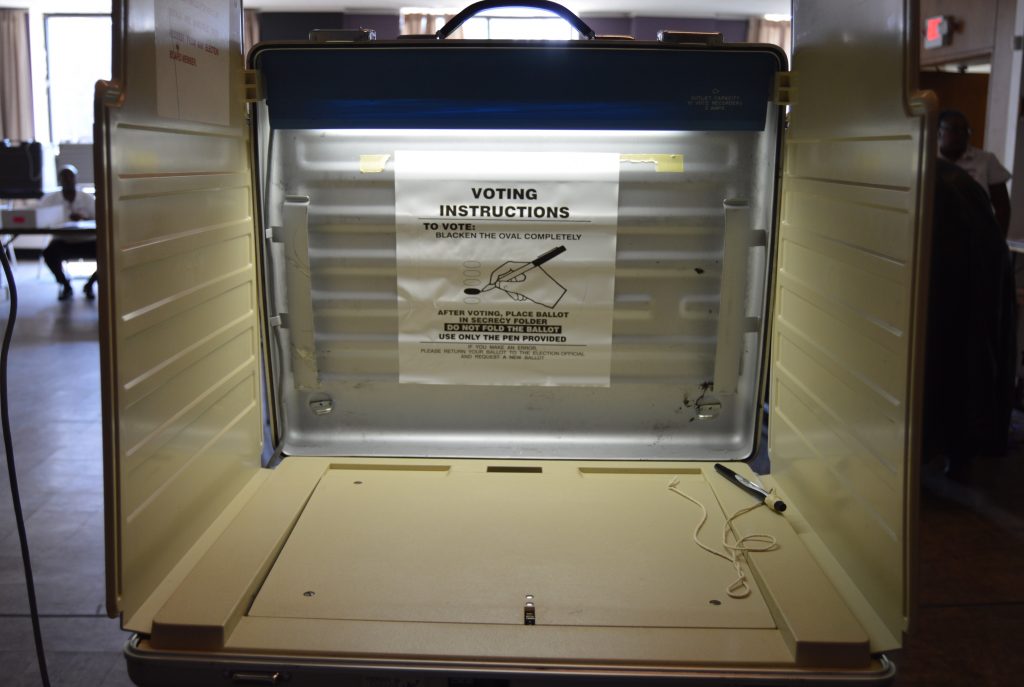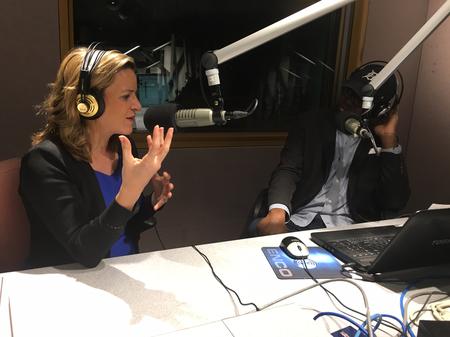Here’s How Michigan Will Fight Election Hackers in 2020
U.S. officials warn that hackers will likely target state and county voter registration databases to “manipulate, disrupt or destroy” records used for the 2020 elections. Michigan is fighting back by hiring the state’s first-ever Election Security Specialist.

Potential election-related hacking includes everything from plots to obtain voter information to disinformation spread by planting stories online that ballots have been changed.
But the official in charge of elections in Michigan says the state is now employing a specialist in defending against cyber attacks to help safeguard the sanctity of the voting booth.
And Secretary of State Jocelyn Benson says Michigan already has a built-in advantage in maintaining election security.
“We are far better than other states in that we have optical scan machines,” Benson says. “So we have hand-marked paper ballots and our machines, for the most part, are not connected to the internet or transmitting over the internet.”
Click the player above to hear how Michigan Secretary of State Jocelyn Benson plans to protect the vote.

But Benson cautions that cyber threats are always evolving.
The state’s voter registration records and many systems that program ballots with the names of candidates are still internet-based. They could be tempting targets for cyberattacks. Especially, Benson says, smaller Michigan communities who are operating their own unique systems.
She says the state is offering help to those areas.
But even Michigan’s most heavily-populated regions can experience difficulties on Election Day.
Decades of difficulties
The city of Detroit, in particular, has been plagued for decades by long lines at polling places and, at times, questionable results.
Some elections officials blame Detroit’s problems primarily on human error. During the most recent elections about one-fifth of Detroit precincts were not eligible for a recount because of errors made by poll workers.
Secretary of State Benson says the pool of poll workers is aging, sometimes poorly-educated and needs to be replenished.
“We’ve got to get more talented people willing to serve,” Benson says. “And we’ve got to better train those who are appointed to serve so that they’re willing and able to meet the requirements of the job.”
Benson says her office is reaching out to companies with highly-skilled work-forces, hoping employers will allow their employees the necessary time-off to be trained and deployed at polling places on election days.
